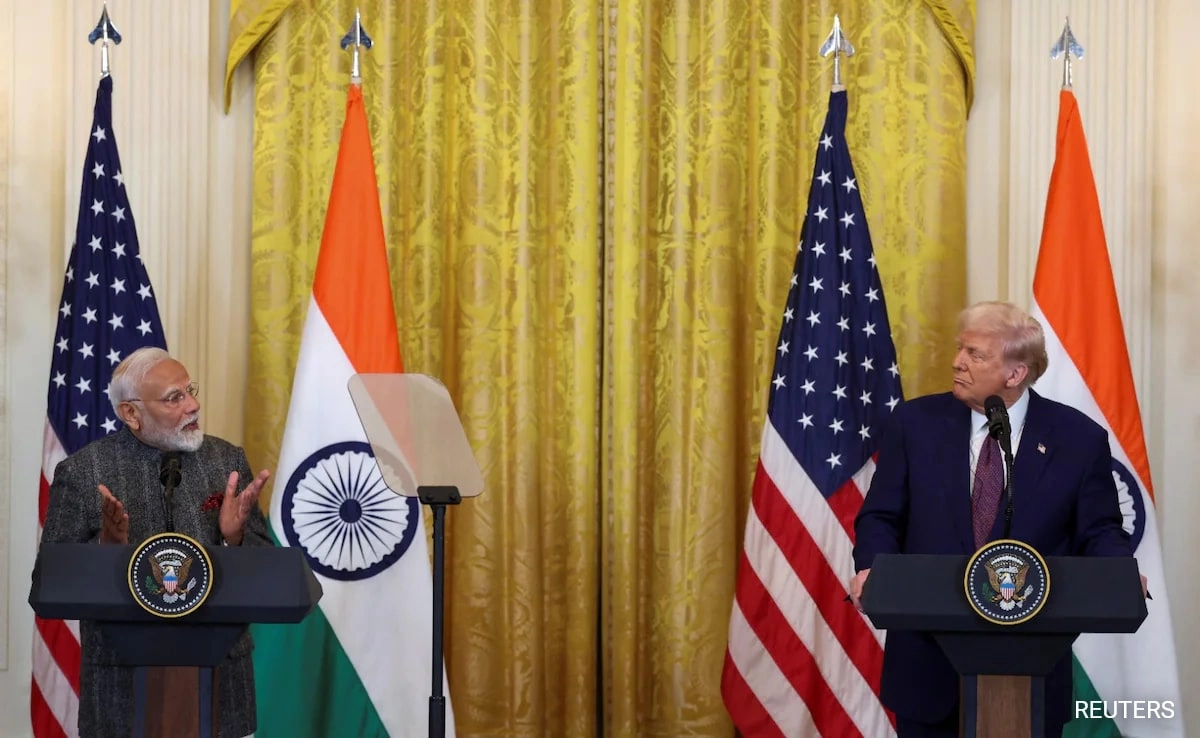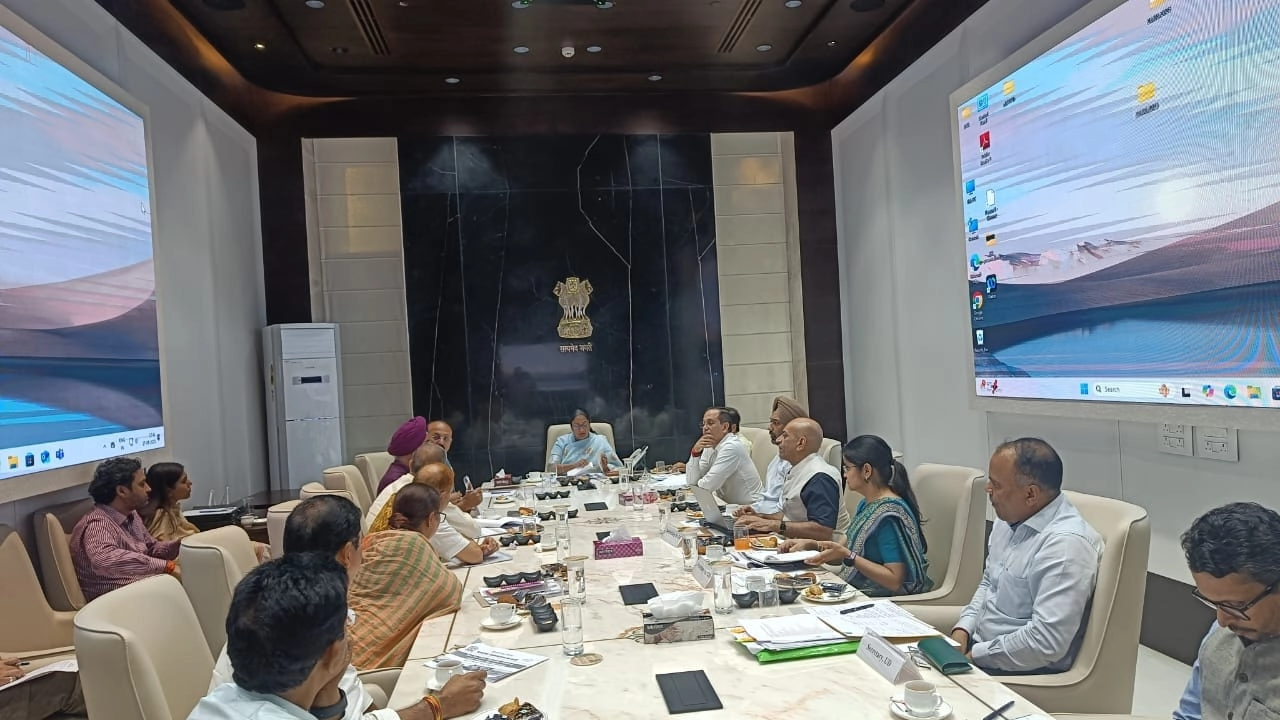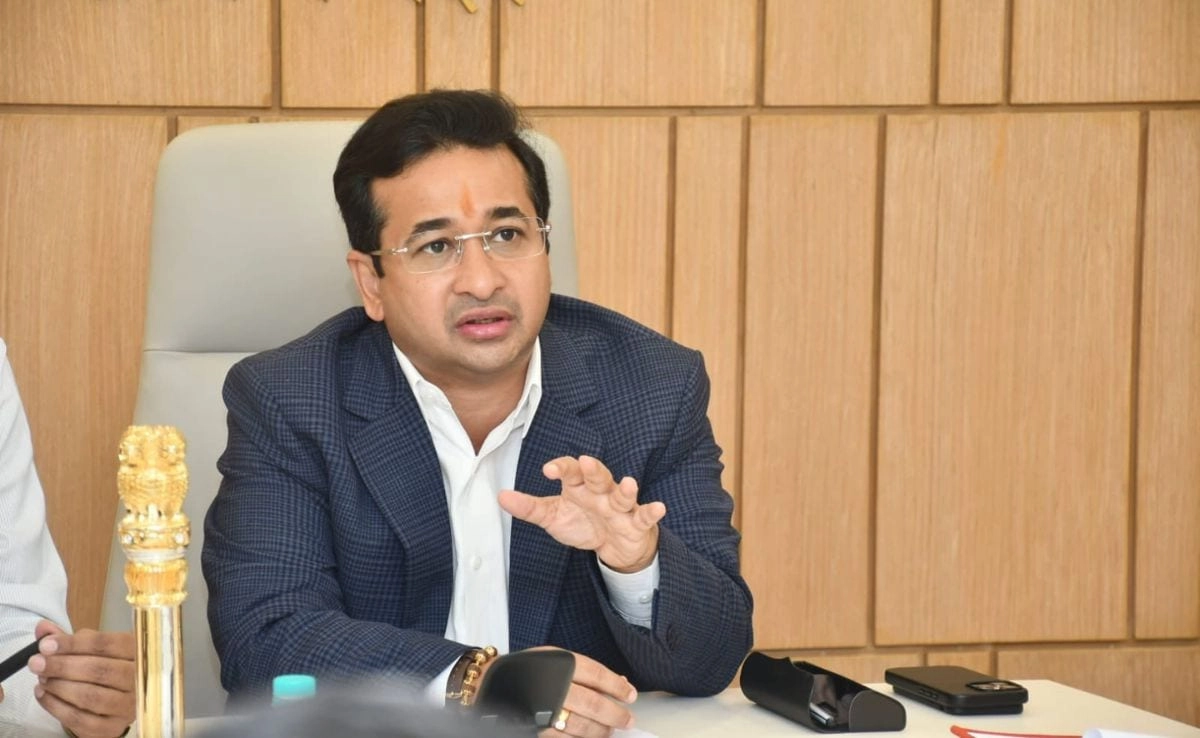In a recent statement, former President Donald Trump acknowledged the strong ties between the United States and India, emphasizing the importance of the relationship between the two nations. He described it as a “very good relationship” that has grown significantly over the years, particularly in areas such as trade and defense. However, Trump’s remarks were accompanied by a caveat concerning tariffs, which he suggested could be a point of contention moving forward. The implications of his comments could signal a shift in trade dynamics, particularly as both countries seek to navigate the complexities of their economic interactions.
Trump’s reference to tariffs highlights a broader concern regarding trade policies and their impact on bilateral relations. While the relationship between the U.S. and India has flourished, with both nations benefiting from increased cooperation in technology, defense, and various sectors, the issue of tariffs remains a potential stumbling block. Trump’s administration previously implemented tariffs on a range of goods, and his mention of tariffs in the current climate suggests that such measures could be revisited. This could create uncertainty for businesses and investors who rely on stable trade conditions to thrive.
Furthermore, Trump’s comments reflect a growing awareness of competitive pressures in the global marketplace. As countries like India continue to emerge as significant players in the global economy, the U.S. must balance its economic interests while fostering diplomatic relationships. The dialogue around tariffs is not merely about revenue generation; it also encompasses strategic considerations that can influence geopolitical alliances. As both nations evaluate their economic policies, the challenge will be to maintain the positive momentum of their relationship while addressing underlying economic issues that could lead to friction.
In conclusion, while Trump’s acknowledgment of the “very good relationship” between the U.S. and India is a positive affirmation, his comments on tariffs serve as a reminder of the complexities that lie ahead. As both countries strive to enhance their partnership, they will need to navigate these challenges carefully. The future of U.S.-India relations will depend on their ability to address trade issues collaboratively and constructively, ensuring that mutual interests are prioritized in an increasingly competitive global landscape.




